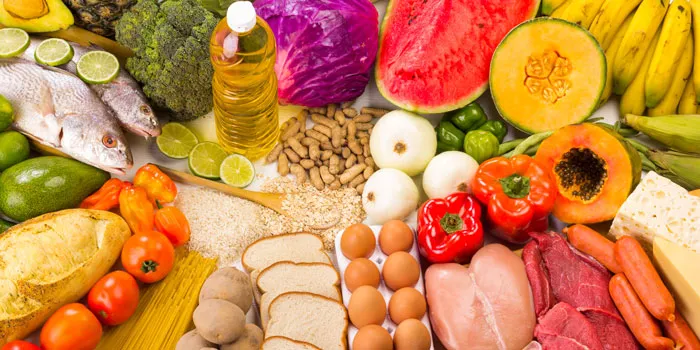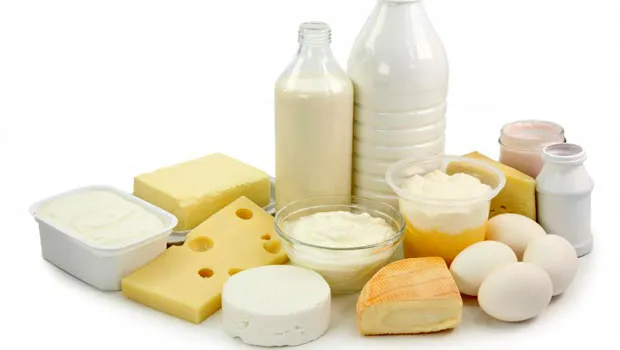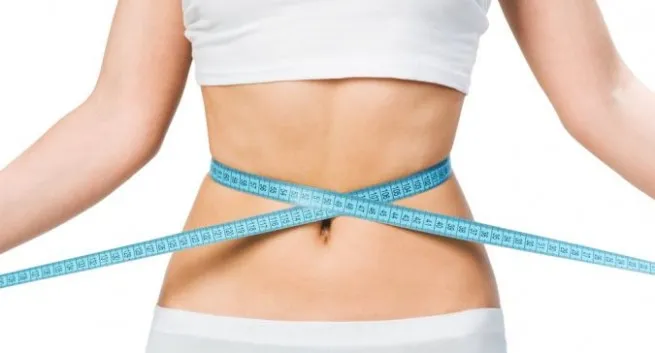
What is a balanced diet?
A balanced diet is one that gives your body the nutrients it needs to function correctly. To get the proper nutrition from your diet, you should consume the majority of your daily calories in:
• fresh fruits
• fresh vegetables
• whole grains
• legumes
• nuts
• lean proteins
Milk and dairy foods: go for lower-fat varieties

Milk and dairy foods such as cheese and yoghurt are good sources of protein. They also contain calcium, which helps keep your bones healthy.
To enjoy the health benefits of dairy without eating too much fat, use semi-skimmed, 1% fat or skimmed milk, as well as lower-fat hard cheeses or cottage cheese, and lower-fat, lower-sugar yoghurt. Unsweetened, calcium-fortified dairy alternatives like soya milks, soya yoghurts and soya cheeses also count as part of this food group and can make good alternatives to dairy products.
Beans, pulses, fish, eggs, meat and other proteins

These foods are all good sources of protein, which is essential for the body to grow and repair itself. They are also good sources of a range of vitamins and minerals.
Meat is a good source of protein, vitamins and minerals, including iron, zinc and B vitamins. It is also one of the main sources of vitamin B12. Try to eat lean cuts of meat and skinless poultry whenever possible to cut down on fat. Always cook meat thoroughly. Learn more by reading our page on meat.
Fish is another important source of protein, and contains many vitamins and minerals. Oily fish is particularly rich in omega-3 fatty acids.
Aim for at least two portions of fish a week, including one portion of oily fish. You can choose from fresh, frozen or canned, but remember that canned and smoked fish can often be high in salt.
Eggs and pulses (including beans, nuts and seeds) are also great sources of protein. Nuts are high in fibre and a good alternative to snacks high in saturated fat, but they do still contain high levels of fat, so eat them in moderation.
Oils and spreads
Some fat in the diet is essential, but should be limited to small amounts. It's important to get most of our fat from unsaturated oils and spreads. Swapping to unsaturated fats can help to lower cholesterol.
Eat less saturated fat and sugar
Too much saturated fat can increase the amount of cholesterol in the blood, which increases your risk of developing heart disease, while regularly consuming foods and drinks high in sugar increases your risk of obesity and tooth decay.
Discover more regarding why we have to eliminate immersed fat and sugar in our eating regimen, which nourishments they happen in and how we can settle on more advantageous decisions in eight hints for adhering to a good diet.
Need to lose weight?

Most adults in England are overweight or obese. Check whether you're a healthy weight using the BMI calculator.
You can use the panel below to download the NHS weight loss guide, our free 12-week diet and exercise plan.
The arrangement, which has been downloaded more than 2 million times, is intended to enable you to get thinner securely – and keep it off.